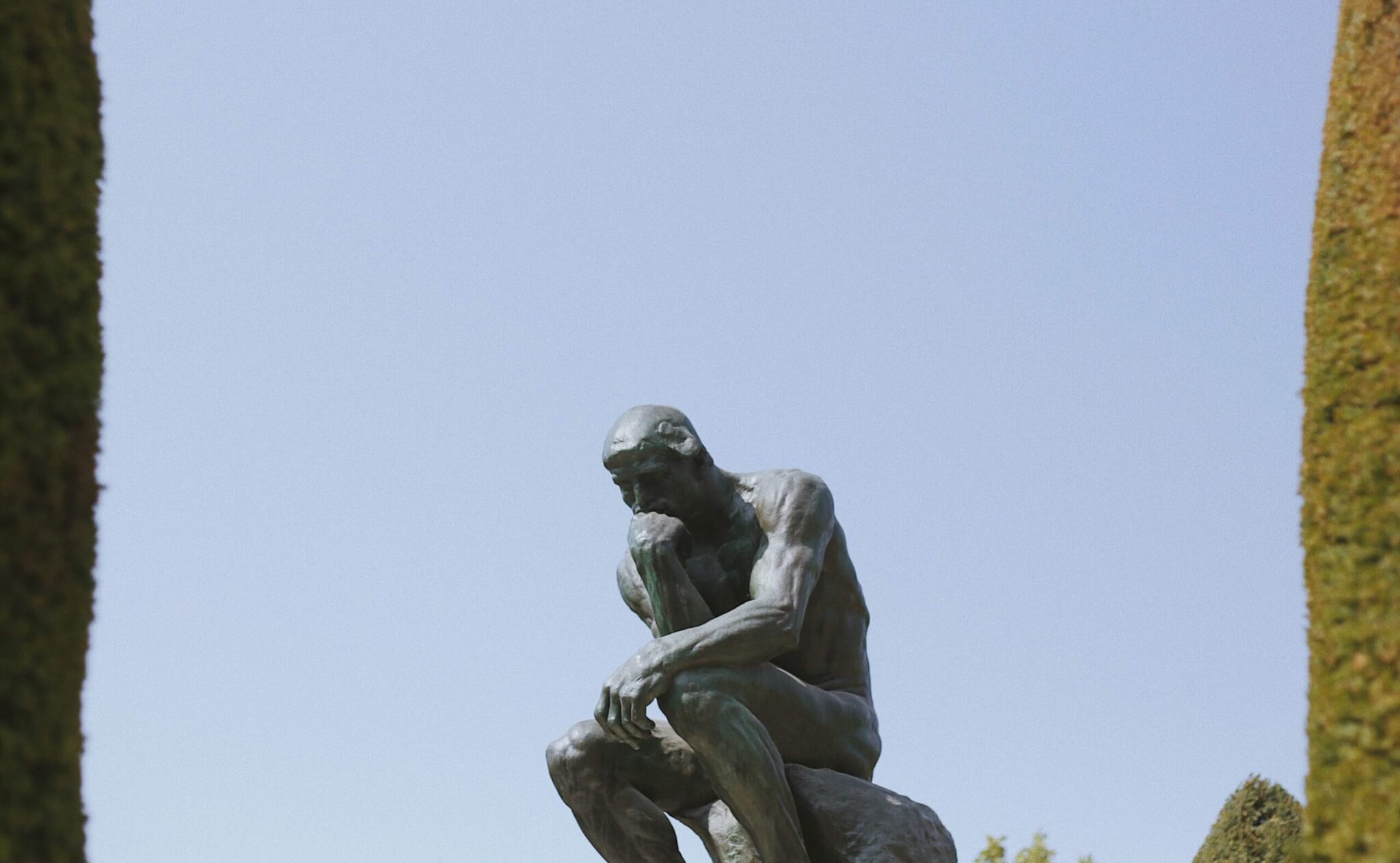Asking Tough Questions Is Not Enough

The modern man assigns profound value on asking questions, especially “tough questions.” Asking tough questions requires real courage, so we claim, and educators in particular tout the tough questions they ask their students about history, ethics, and religion as proof that their classrooms are mature and productive. If a man does not ask tough questions of others (and himself), his life will not be deep and satisfying, for grappling with tough questions is what gives life meaning.
However, while tough questions are useful to a classical educator, merely asking students tough questions is not enough. Tough questions can unsettle a student from complacency and make him pliable, but tough questions are incapable of forming a student. What forms a student is tough answers.
Weak teachers want asking tough questions to be enough because it deflects their own moral responsibility to speak the truth and places it back on students. When separated from tough answers, asking tough questions is simply relativism. The student who is asked a tough question has been given a platform to speak, to perform. The teacher who only judges answers to tough questions with more tough questions is merely kicking the decision-making can a few yards further down the road. If the teacher is not willing to answer his own tough questions, he cannot expect his students to do so. Any teacher who treats asking tough questions as some sort of pedagogical accomplishment should be content for his students to go on forever asking tough questions, as well—even when faithfulness to Christ means silent, definitive action.
Oddly enough, ours is a generation which has not simply exalted the importance of tough questions far beyond what is reasonable. I regularly hear teachers speak as though tough questions are morally superior to answers, and regard anyone who says otherwise as just a little arrogant. Answers are emblematic of a dogmatic and violent patriarchy, whereas questions symbolize the childlike curiosity and humility of an enlightened age. People who believe such things really ought to be covertly purged from the payroll so they can learn the relative value of asking, “Does anyone in HR know when my direct deposit will come through?” when no answer ever comes.
A potter can’t form clay by asking it tough questions. Asking tough questions may be analogous to the potter softening the clay, but if the potter wants the softened clay to become a coffee mug, he has to impose the form of a coffee mug on the clay. If a teacher only asks tough questions, he is giving his students time and space to form themselves and perform themselves in class, which is no different from what Facebook and Instagram do. The clay cannot become something useful or beautiful unless it conforms to something good or beautiful.
Unfortunately, very few private Christian schools tell prospective parents, “This is a place where your child can learn to conform to ancient standards of goodness and beauty.” I doubt the word “conformity” comes up often in the sales pitch for any modern school, let alone classical ones. Instead, a Christian school is presented as a place where your child can “excel” and “be nurtured,” which most modern parents take to mean “pursue his passions and figure out who he is.”
In a way, though, I suppose the teacher who only asks tough questions and never offers tough answers is forming his students. His students will notice he never takes a stand on anything controversial and so neither will they. The teacher who avoids tough answers will raise students who avoid tough answers. When these students go off to Babylon U, they will meet secularist professors who are willing to make genuinely controversial claims and take tough stances on moral and philosophical issues, at which point Christian students will come to think little of their flimsy, diplomatic teachers back in private school.
What then?
Teachers, ask many tough questions—and offer a few tough answers. Form your students and take fearful responsibility for the beings you help form. Administrators, good teachers who provide tough answers are going to arouse the ire of parents who believe in loco parentis means, “You don’t get to say anything I disagree with.” Don’t stick up for teachers who are shameless provocateurs—but do stick up for opinionated teachers who have backbones. Parents, this is a hard teaching, but your child’s faith is better served by a teacher who occasionally says offensive things than by a teacher who only speaks lowest common denominator truths. If the first unbending, controversial teacher your child has comes at Babylon U, all the greasy peace you enjoyed before was just fattening a calf for the zeitgeist to slaughter and devour.

Joshua Gibbs
Joshua Gibbs teaches online classes at GibbsClassical.com. He is the author of How To Be Unlucky, Something They Will Not Forget, and Blasphemers. His wife is generous and his children are funny.











